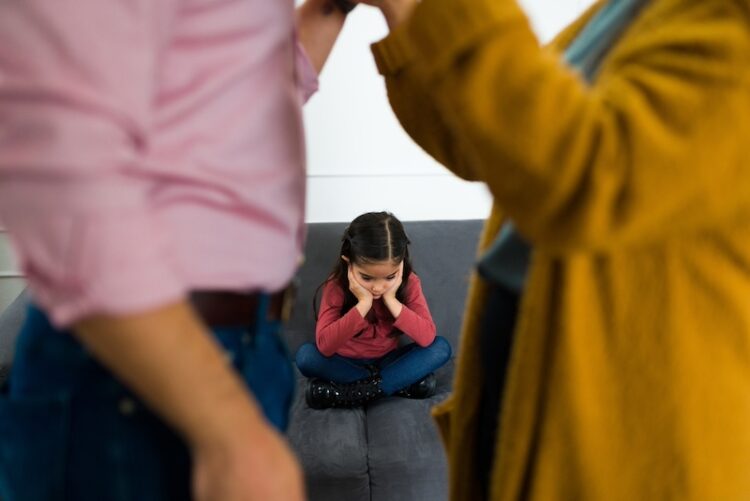
Divorce is a tumultuous experience, not just for the couple involved but also for their children. It’s a journey marked by emotional upheaval, adjustment, and, for children, a profound imprint that shapes their lives. While every child’s experience varies, there are certain aspects that resonate universally among those who have weathered their parents’ separation. Here are 10 things children of divorce never forget.
The Moment Their Parents Broke the News
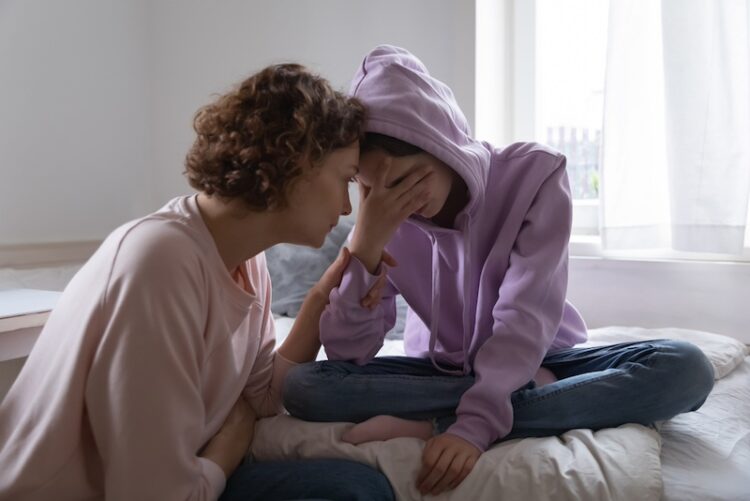
Children of divorce will always remember the moment their parents broke the news because it marks the beginning of a profound upheaval in their lives. It’s a memory seared into their minds, representing the moment when their sense of security and stability was shattered. This pivotal moment shapes their understanding of their family dynamics and sets the stage for the emotional journey that follows, leaving an indelible mark on their hearts and minds.
The Fragility of Stability

Divorce shatters the illusion of permanence. Children, accustomed to the solidity of family life, suddenly find themselves adrift in uncertainty. The once-stable ground beneath their feet feels shaky, teaching them that stability is not guaranteed and that adaptability is a survival skill.
The Art of Adaptation
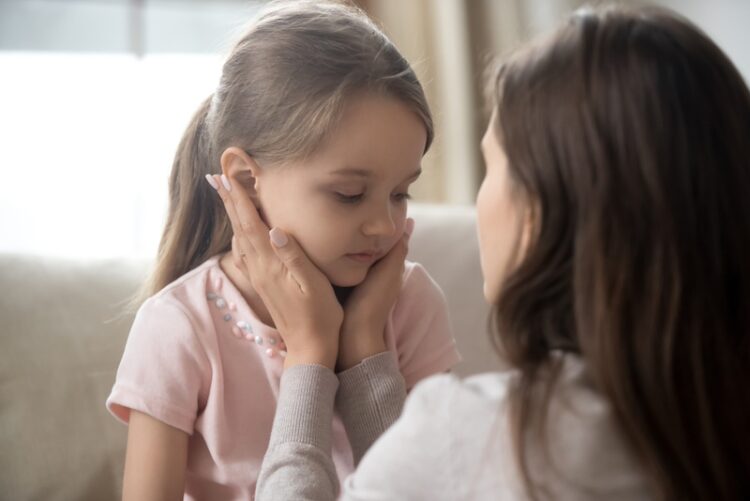
Divorce thrusts children into a realm of uncertainty, where familiar routines crumble and new realities take shape. In this turbulence, they develop the art of adaptation, learning to recalibrate expectations and embrace change with resilience. They craft new routines, bend without breaking, and discover that resilience is not just about standing still, but about moving forward with courage. Through this journey, children emerge stronger, equipped with the fortitude to navigate life’s challenges with grace and determination.
The Reality of Conflict

Divorce pulls back the curtain on how conflict works, showing kids its ins and outs in plain sight. They start picking up on all the little signs and tensions that stir up trouble between people. It’s like they’ve got a front-row seat to a drama they never asked to watch. This awareness of conflict? It’s a mixed bag. On one hand, it helps them get better at talking things out, but on the other, it makes them more aware of how much damage unresolved issues can do.
The Myth of Blame
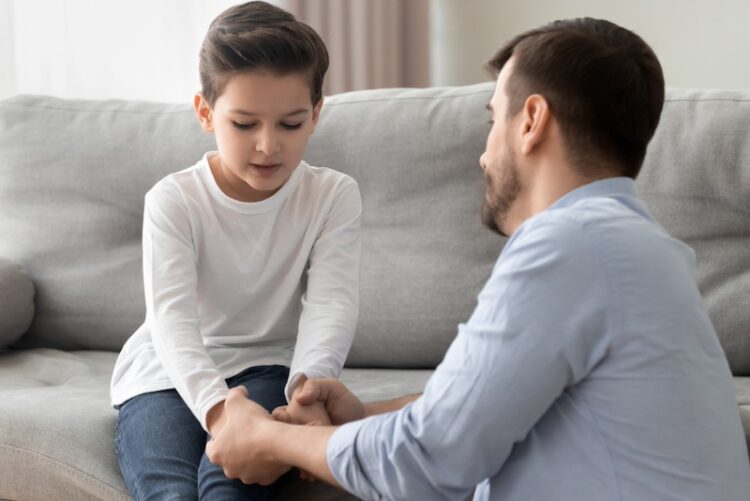
Divorce often prompts children to grapple with feelings of guilt and blame. They may internalize conflicts or perceive themselves as the cause of their parents’ separation. Over time, they come to realize the fallacy of such beliefs, understanding that divorce is a complex interplay of multiple factors beyond their control. This recognition fosters self-forgiveness and frees them from the shackles of misplaced guilt.
The Complexity of Relationships
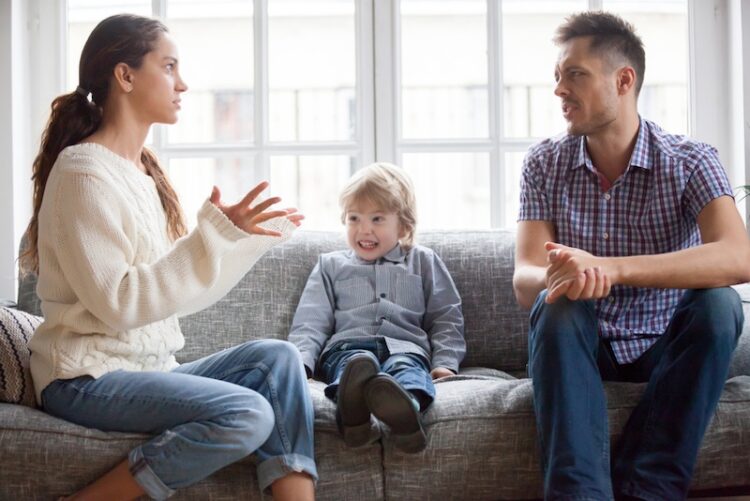
Witnessing the breakdown of their parents’ marriage introduces children to the complexities of human relationships. They learn that love doesn’t always conquer all and that even the strongest bonds can fracture under pressure. This early exposure to relationship dynamics often shapes their own approach to love and commitment in the future.
The Weight of Responsibility

Divorce often thrusts children into roles and responsibilities beyond their years. They may become caretakers for younger siblings, confidants for their parents, or mediators in family disputes. While this premature maturation teaches them the value of responsibility, it also burdens them with adult concerns at a young age. They learn empathy and resilience but carry a weight that can shape their worldview profoundly.
The Desire for Normalcy

Amidst all the craziness of divorce, kids just want things to feel normal again. They hold onto their usual routines and traditions like they’re their lifelines, craving that comforting sense of how things used to be before the split. It’s more than just a passing wish—it’s a gut-deep need for security and a place to belong when everything feels topsy-turvy.
This longing shows how tough they are, how they’re still holding onto hope that somewhere in the mess, there’s still something steady to hang onto. And in those bits of what once was, they find the strength to ride out the storm.
Feeling the Need to Choose Sides
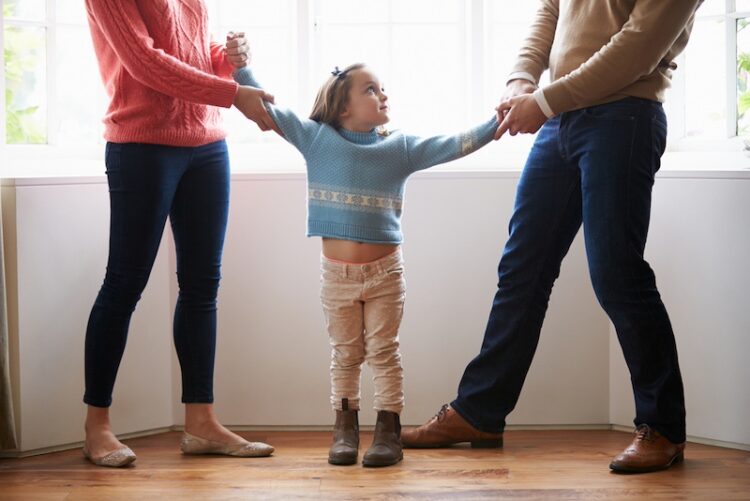
The pressure to choose sides during a divorce is a memory that remains vivid for children caught in the middle. This challenging situation forces them to navigate conflicting loyalties between their parents, leaving them feeling torn and unsure of how to proceed. The weight of this decision influences their relationships and perceptions, shaping their understanding of loyalty, conflict resolution, and personal identity.
Witnessing Their Parents’ Pain
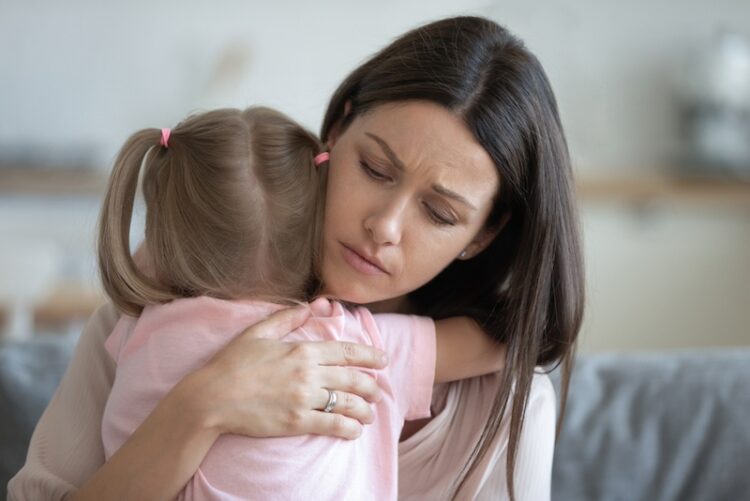
Witnessing their parents’ pain is an unforgettable experience for children of divorce, as it exposes them to raw emotions and vulnerability they may never have seen before. This intimate glimpse into their parents’ struggles leaves a lasting impression, imprinting on them the complexities of love, loss, and resilience.
The sight of their parents grappling with heartache, loneliness, or resentment instills in them a deep sense of empathy and shapes their understanding of relationships and emotional dynamics. This profound insight into their parents’ humanity becomes a cornerstone of their own emotional development, influencing how they navigate their own challenges and forge connections with others.

Comments
Loading…